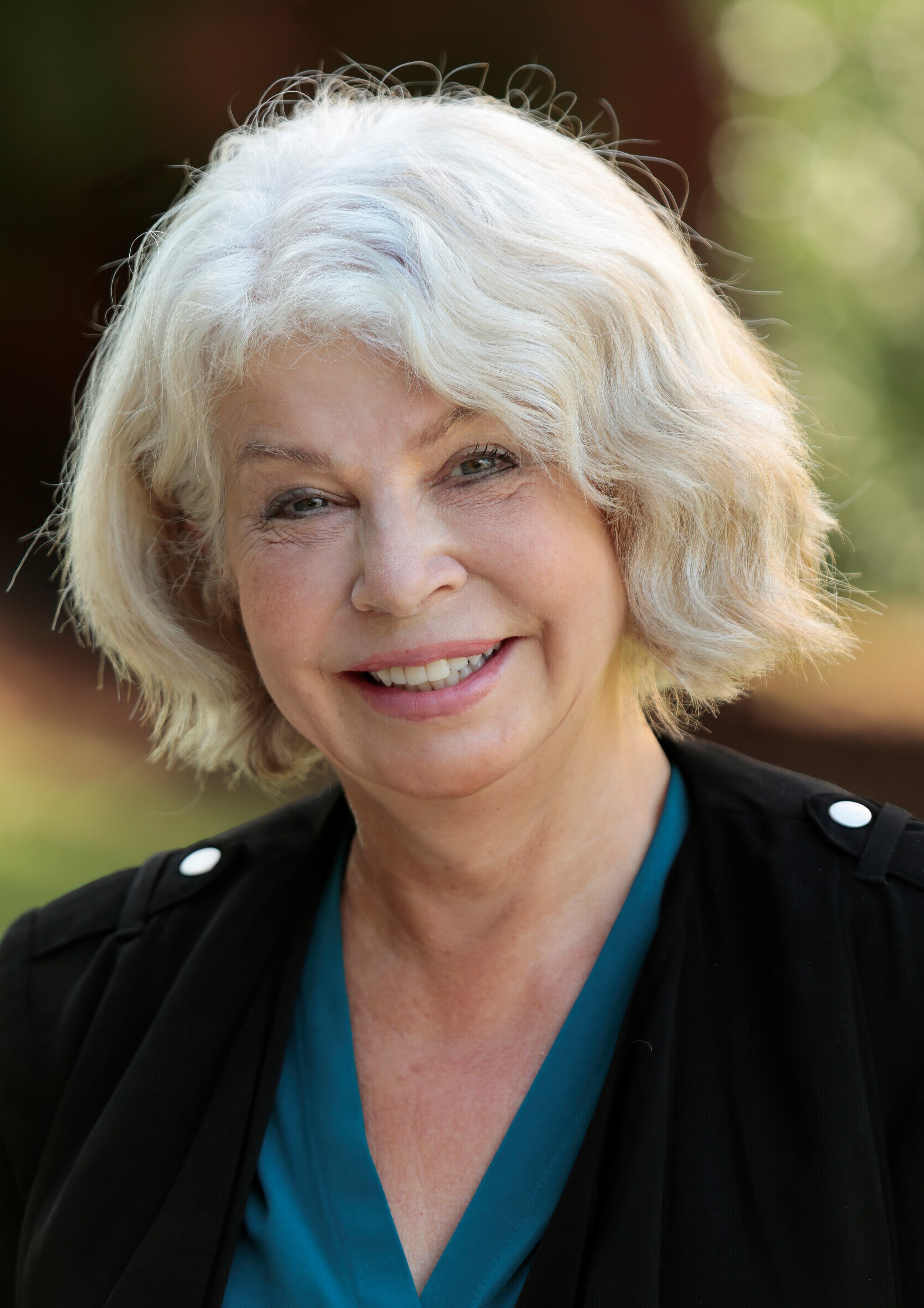45: Following a Compassionate, Holistic Approach with Students
The Compassionate School Leadership Initiative
The Cultivating Resilience podcast series is sponsored by the Compassionate School Leadership Academy, the Center for Educational Improvement, and Yale University. The focus of our work is on students’ mental health and the well-being of school staff. Ultimately, we are researching a protocol to guide schools toward a more compassionate school environment and culture.
Central to this work is our School Compassionate Culture, Analytical Tool for Educators (S-CCATE), which assesses a school's current compassionate culture and its associated needs. When a school takes S-CCATE, which takes about 15 minutes and is appropriate for any school staff, that school will receive (1) a graphical summary, (2) our recommended compassionate school actions, and (3) a comparison of that school's results to our national sample.
We invite you to take S-CCATE. For more information, visit our website or contact Dr. Martha Staeheli at Yale University (martha.staeheli@yale.edu).
The Takeaway
Our discussion explored visioning and building schools through a more holistic, compassionate approach to working with students. The Rainbow Community School in Ashville, NC, was used as a case study. Drs. Renee Owen and Christine Mason led us into trauma-informed visioning, weaving understanding and support into the fabric of schools. We learned to craft visions prioritizing relationships, well-being, and spiritual connections, fostering student growth beyond traditional academic metrics.
Our guests
Dr. Christine Mason Executive Director, Center for Educational Improvement; Assistant Clinical Professor, Department of Psychiatry Yale University School of Medicine, Program for Recovery and Community Health; Chief Advisor, Childhood-Trauma Learning Collaborative; New England Mental Health Technology Transfer Center
Dr. Mason is also the co-author of a number of books, notably Visioning Onward and Compassionate School Practices.
“If you think about it, if you just had the belief that kids are somehow going to feel safe, it doesn't have that vivid sense of what's going to be done, what I'm going to do, what other educators in a building might do. It just focuses on a wish: ‘Let's make sure the kids are safe.” However, if you start with a concrete vision, you start to think, ‘What are the educators going to do? What will teachers do if a child is disruptive, or apathetic, or comes in, in obvious crisis?’ If you start to think in those concrete terms, the neuroscience really has given us a very good path to follow. There are compassionate responses we can provide. We can be engaged with children so that they feel safe. They feel like we're a trusted adult. And it all starts with a vision.”
Dr. Renee Owen is a researcher, author, consultant and teacher in the fields of adult learning and educational leadership. Dr. Owen is Assistant Professor and Coordinator of Education Leadership at Southern Oregon University. She is also Editor of the Holistic Educational Review, an Open Access Journal. Renee was a school leader for over 20 years at unique public and private schools. As Director at Rainbow Community School in Asheville, NC, Renee was honored as an Ashoka Change Leader for her work in making holistic education more accessible.
Dr. Owen’s life-long work is for education to be a vehicle for helping people to thrive.
“‘Sociocracy’ is a form of governance where every every voice really has a voice. There's constantly reflective practices happening. So instead of just a pure hierarchical structure, we're really agile and can adapt well. And decisions can be made. Power and information flows throughout the organization. So using dynamic governance, we're visioning all the time and connecting with one another in the community. And I think it's partly because of dynamic governance that we came up with four statements that defined the heart of our school, which was all about connection. And we came up with 12 principles that were based on this two year long process. And the moment it was complete, magic started happening.”
As you listen
What is visioning, and how does a vision help with creating a trauma-informed, safe school?
What is the main core value needed to focus on a compassionate school model?
What was the vision for Rainbow Community School and how was it implemented in the community?
Why is a constant discussion with school leaders and students necessary for following the visioning plan?
What are some examples of trauma held by students? How do group spaces help address these situations?
How does taking risks while feeling safe help with resilience?






